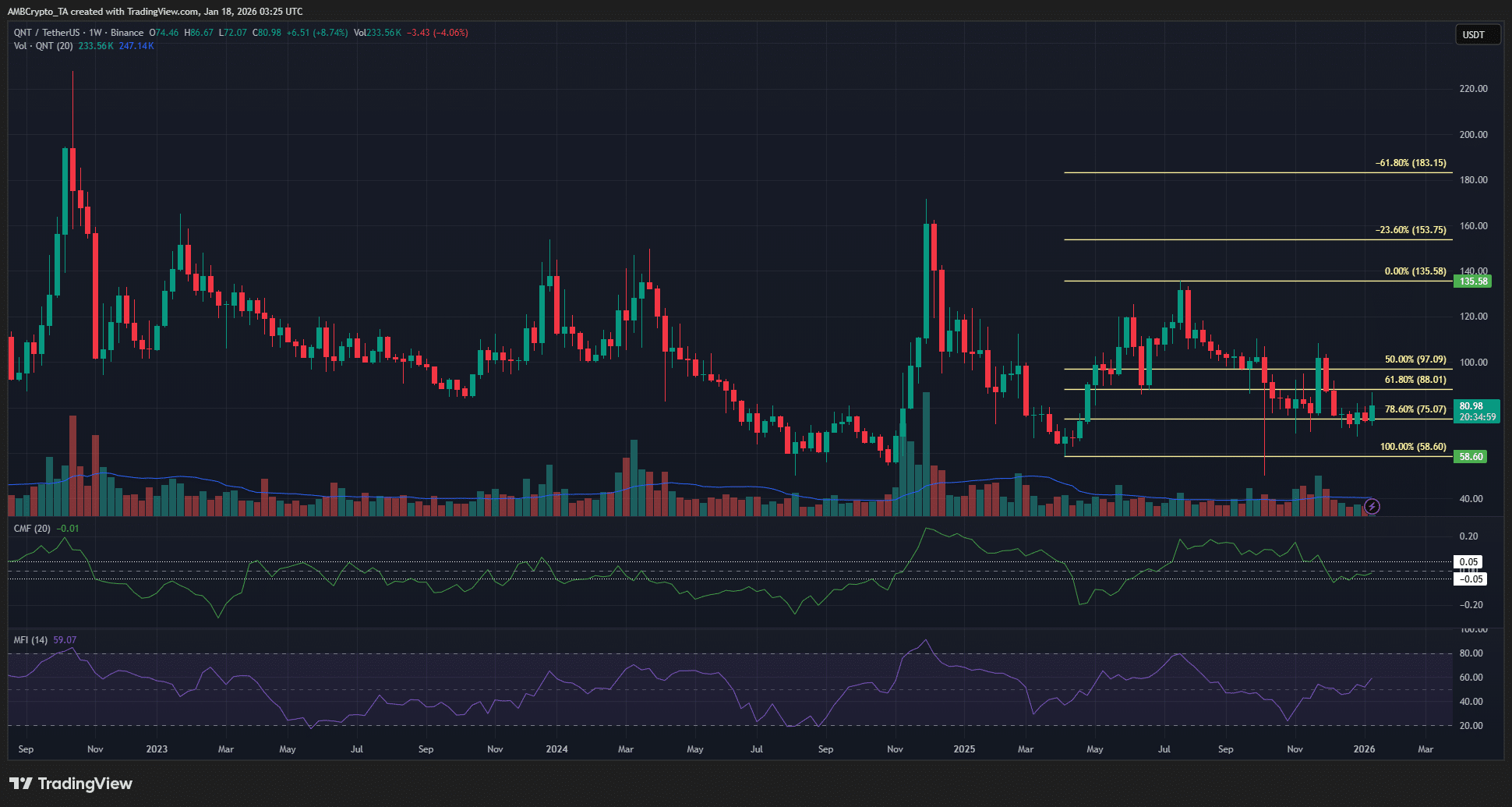Milei’s $LIBRA Faces Scrutiny as Probe Tests Argentina’s Economic Reforms
- Argentina reopens probe into President Milei’s $LIBRA cryptocurrency project over public fund misuse allegations. - Investigation focuses on financial oversight gaps and whether constitutional/financial regulations were breached. - Supporters claim $LIBRA advances economic sovereignty while critics argue it diverted resources from critical reforms. - Government dismisses probe as politically motivated but faces potential reputational risks ahead of key legislative sessions.
Argentina has reopened its investigation into President Javier Milei regarding the $LIBRA scandal, a move that has reignited scrutiny over the controversial cryptocurrency initiative launched by his administration. The $LIBRA, a digital currency tied to the Argentine peso, was introduced in 2023 as part of the government's broader economic overhaul strategy, aimed at stabilizing the country's inflationary crisis. However, the project has faced persistent criticism from lawmakers, economists, and the public over transparency concerns and its effectiveness in curbing inflation [1].
The investigation, led by the Office of the Comptroller General, is examining potential mismanagement and irregularities in the allocation of public funds for the development and promotion of $LIBRA. While the government initially defended the project as a necessary step toward financial sovereignty, recent reports suggest internal audits have raised questions about whether the initiative met its stated economic goals [2].
Legal experts have noted that the reopening of the probe could have significant implications for Milei’s presidency, particularly if findings indicate that constitutional or financial regulations were breached. The investigation is expected to focus on whether adequate oversight was exercised by relevant ministries and whether public resources were spent in line with legislative approvals [3].
The $LIBRA project has been a polarizing topic in Argentina, with supporters arguing it is a bold move toward modernizing the economy and reducing reliance on foreign currency. Critics, however, argue that the digital currency has not delivered on its promises and may have diverted attention and resources from more pressing economic reforms. The Central Bank of Argentina has not commented publicly on the investigation, but internal sources indicate that it is cooperating with investigators [4].
Political analysts suggest that the timing of the reopening could be politically sensitive, especially with several high-profile legislative sessions and economic policy discussions upcoming. If the investigation leads to concrete findings, it could influence public perception of the administration's broader economic strategy and potentially impact upcoming elections. The government has maintained that it remains committed to its economic reforms and has dismissed early reports as politically motivated [5].
Source:

Disclaimer: The content of this article solely reflects the author's opinion and does not represent the platform in any capacity. This article is not intended to serve as a reference for making investment decisions.
You may also like
QNT jumps 12% as volume triples — Can Quant bulls defend THIS floor?

GRAM Ecosystem Joins EtherForge to Boost Web3 Gaming Across Chains
Everyone to get their own AI friend in five years, Microsoft executive says
Bitcoin’s Weekend Journey Sparks New Market Trends